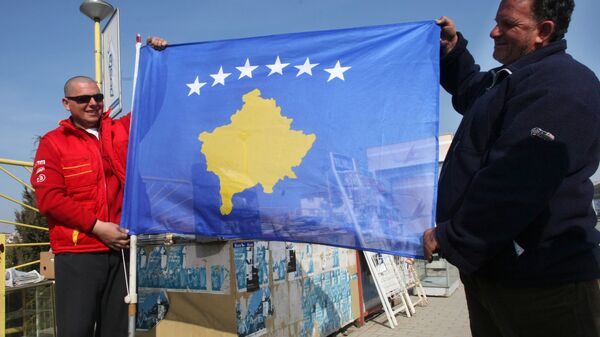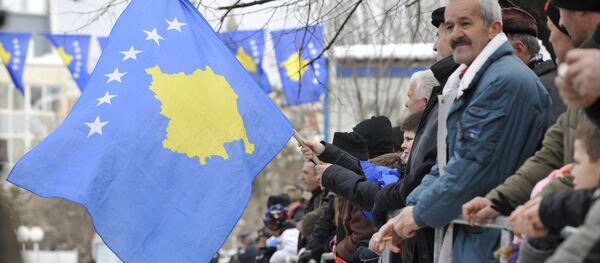The European Commission believes that Mrs. Tahiri’s statements are meant for domestic consumption only and that the dialogue between Belgrade and Pristina will never hinge on ultimatums.
“After all the concessions which have already been made by Serbia, the impression is that the other side is now upping the ante to wrestle more. Maybe Washington is using this kind of pressure to force Belgrade to rethink its refusal to introduce sanctions against Russia. Serbia is virtually the only country west of the former USSR to embrace Russia’s actions in the world and this is something NATO doesn’t like,”Dusan said.
He added that the US might also want to use this new destabilization to shape a new political landscape in the region.
“The first thing you know when looking at these normalization terms is that no one in Serbia will ever agree to accept them, save only for the ultra-liberals. These conditions effectively rule out any further and without talks there will be no political solutions,” Prorokovic warned.
When asked why bother engaging in the Brussels-sponsored normalization dialogue which was doomed to fail from the very outset, Prorokovic noted that the Serbian elite remained committed to European integration, hence all its concessions to Pristina.
“In international relations such concessions are seen as a sign of weakness, rather than an ability to agree on something. Hence all these new conditions popping up all the time,” he said.
Dusan Prorokovic also mentioned Belgrade’s decision to close down its administrative bodies in Kosovo, provide it with a dial code and allow the breakaway province to join international organizations.
“We thus legitimized Kosovo’s international status and small wonder that they now demand ever more concessions from us. If we go along, I won’t be surprised to see new conditions coming up just a couple of months later,” Prorokovic said in conclusion.
In 1998, an armed conflict broke out between Kosovo Albanian militias seeking independence for Kosovo and Metohija, against Yugoslav forces. The following year, NATO intervened in the conflict without UN approval, and began bombing Yugoslavia.
Belgrade subsequently lost control of Kosovo, as the Serbian government had to agree on the presence of a NATO military contingent in the area, and a transition of territory under UN administration. In 2008, the Albanian government of Kosovo declared its independence from Serbia.


